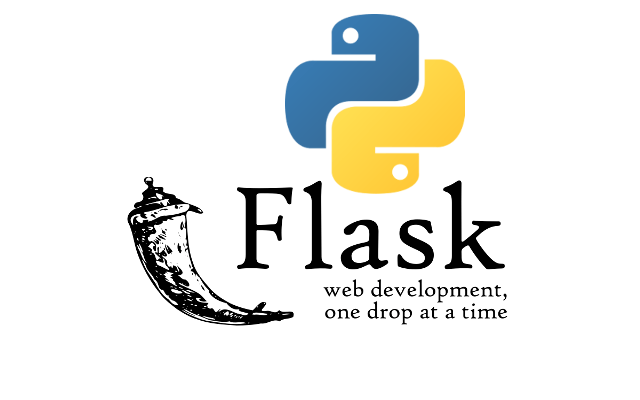Explore the top Python API frameworks essential for AI-driven FinTech innovations. Make informed decisions with our comparative analysis and framework insights.
More...
The intersection of artificial intelligence (AI) and advanced web applications represents a frontier of innovation and growth.
Central to this convergence are Python API frameworks, the unsung heroes enabling developers to construct sophisticated, AI-integrated FinTech solutions.
This comprehensive exploration will take you through the top Python API frameworks that are pivotal in crafting the next generation of AI-driven FinTech applications.
Let's see which Python API Frameworks we will look at today:
Feature | Django REST | Flask | FastAPI | Pyramid | Falcon |
|---|---|---|---|---|---|
Architecture | Full-Stack | Microframework | Asynchronous | Flexible | Minimalist |
Ease of Use | Feature-rich, complex | Simple, more work for complexity | Modern, fast learning curve | Adaptable, some complexity | Simple, efficient |
AI Integration | Extensive with plugins | Manual setup | Ideal for real-time AI | Adaptable to AI | Great for AI microservices |
Speed | Standard | Standard | Very fast | Standard | Very fast |
Security | Strong with built-in features | Customizable with plugins | Strong out-of-the-box | Standard with patterns | Standard with practices |
Scalability | High with built-in support | Medium, stateless is better | High, built for scale | High, flexible to load | High, efficient use of resources |
Global Use | Excellent for internationalization | Good with additional plugins | Good, may need extra work | Good, with extra plugins | Fair, requires tools |
The Advantages of RESTful APIs in FinTech
RESTful APIs afford a multitude of advantages that are particularly beneficial in the FinTech arena:
- 1Uniform Interface: This simplifies the architecture, making the interaction between client and server transparent and consistent.
- 2Scalability: Stateless interactions and cacheable data foster an environment ripe for growth and performance optimization.
- 3Technology Agnosticism: RESTful APIs allow for a diverse technological ecosystem, supporting varied client and server implementations.
- 4Layered System: A hierarchical structure enhances security and allows for load balancing and deployment across multiple servers.
Evaluating Python API Frameworks
The landscape of Python API frameworks is diverse, with each framework offering distinct features tailored to various project requirements:
Python API Frameworks for 2023 - The Top
Django REST Framework
A powerhouse in the Python world, it is lauded for extensive features like serialization, authentication, and a large community. Despite a steeper learning curve for Django newbies, its development-friendly nature and testing tools make it a robust choice for complex applications.

Flask RESTful
This microframework is revered for its simplicity and flexibility. While it may require more effort to integrate complex features, its built-in development server and lightweight nature make it a favorite for developers who appreciate fine-grained control.

FastAPI
Renowned for its performance, FastAPI leverages modern Python features for reduced bugs and a clear syntax. Its automatic data validation and built-in monitoring tools, despite a smaller community, offer a promising toolkit for high-performance API development.
Pyramid
Catering to both simple and complex applications, Pyramid's flexibility in choosing architectural patterns and its comprehensive testing framework equip developers to build tailored, scalable solutions.
Falcon
Prioritizing high efficiency, Falcon’s minimalist design is perfect for developers focused on performance. It shines with its support for asynchronous programming and HTTP caching, although it may fall short for applications requiring a broad spectrum of features.

Choosing the Ideal Framework
Selecting the right Python API framework involves a careful assessment of your project's scope, performance needs, and the technical prowess of your development team. Consider the following:
- 1Project Complexity: Match the framework's capabilities with the complexity of the application you're building.
- 2Performance Demands: Evaluate the framework's ability to handle high loads, especially for AI-driven processes that may require intensive computation.
- 3Community and Support: Opt for a framework with robust community support, ensuring access to resources and troubleshooting assistance.
- 4Security Features: Given the sensitive nature of FinTech, for example, prioritize frameworks with strong security measures to protect data integrity and privacy.
In 2023, Django REST Framework, Flask RESTful, FastAPI, Pyramid, and Falcon stand out as leaders in this space, each bringing unique strengths to the table.
Ready to elevate your applications with the integration of AI capabilities?
Our IT staff augmentation services can connect you with the expertise needed to navigate the complexities of Python API frameworks.
Contact us today to ensure your development journey is supported by top-tier professionals equipped to bring your innovative solutions to life.